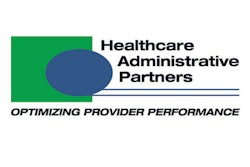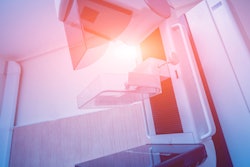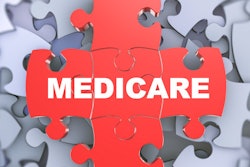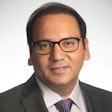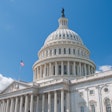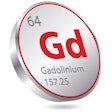Dear Imaging Leaders Insider,
Nonphysician providers (NPPs) are able to take advantage of expanded opportunities in radiology practice, thanks to recent actions by the American College of Radiology (ACR).
The ACR has revised its CT and MRI facility accreditation criteria to allow NPPs to directly supervise contrast administration, mirroring a revised practice parameter for contrast administration that was previously adopted by the organization. Sandy Coffta of Healthcare Administrative Partners (HAP) reviewed these developments in this edition's Insider Exclusive.
The U.S. Centers for Medicare and Medicaid Services has published its final Medicare Physician Fee Schedule and Hospital Outpatient Prospective Payment System. How do the final rules affect radiology? Check out our report.
In troubling news, overall follow-up adherence after a positive low-dose CT lung cancer screening is less than 50%. And the odds are even worse among Black people, men, and current smokers, according to a new study. What's more, approximately 25% of socioeconomically disadvantaged patients aren't receiving their recommended follow-up imaging exams.
Meanwhile, listening to just five minutes of music prior to mammography was found to significantly improve a woman's experience during the exam. A new report also concluded that doubling funding for research on women with lung cancer could yield significant economic and health benefits.
What are the top 3 threats to independent radiology practices? Rebecca Farrington of HAP answers this question in a recent column. Amy Thompson and Arun Gill of Signify Health have also contributed a column on trends in outpatient imaging and teleradiology in the U.S.
Early diagnosis and treatment for cancer can be difficult to achieve for many patients from low-income countries. A report found that a cancer diagnosis took up to four times longer for patients in low-income countries compared with their high-income counterparts.
Healthcare insurance firms may be paying too much for some imaging exams. Researchers found that the maximum negotiated prices for some exams were almost four times as high as minimum prices. And patients are also paying more. Out-of-pocket costs nearly doubled between 2000 and 2019 for patients receiving imaging studies.
For interventional radiologists, private practice may offer some significant advantages over academic settings. Swiss researchers have reported that a little humor can go a long way in improving the radiologist-patient relationship.
Is there a story you'd like to see covered in the Imaging Leaders Community? Please feel free to drop me a line.





